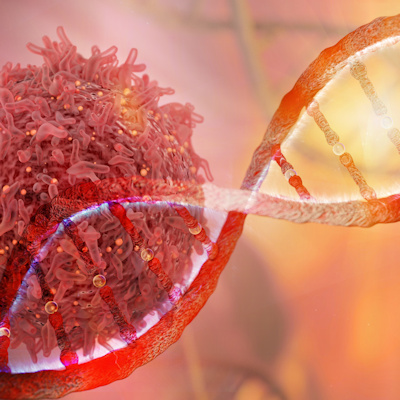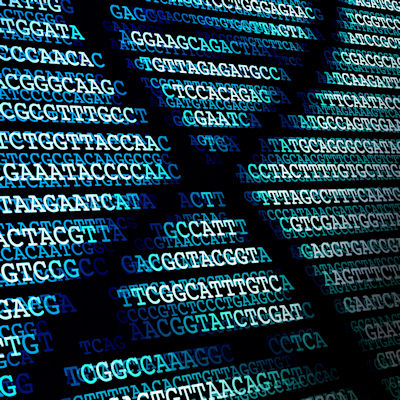September 30, 2022 -- Fixing breaks in so-called “junk” DNA could protect people from neurological diseases and lead to earlier detection, intervention, and the development of therapeutic treatments for disorders such as dementia, Alzheimer’s disease, and Motor Neurone Disease (MND), a new study finds.
A research team from the University of Sheffield's Neuroscience Institute and Healthy Lifespan Institute in the U.K. found "junk" DNA, or noncoding DNA, is much more vulnerable to breaks from oxidative genomic damage than previously thought and this relates to the development of neurological disorders.
They found promoters are protected from oxidative damage via a process mediated by the nuclear mitotic apparatus protein NuMA, also known as NUMA1 (Nature, September 28, 2022). NuMA exhibits genomic occupancy of approximately 100 bp around transcription start sites. It binds the initiating form of RNA polymerase II, pause-release factors, and single-strand break repair (SSBR) components such as TDP1.
The binding on chromatin intensifies following oxidative damage, and TDP1 enrichment at damaged chromatin is facilitated by NuMA. Less NuMA means more oxidative damage at promoters because NuMA promotes transcription by limiting the polyADP-ribosylation of RNA polymerase II, increasing its availability and release from pausing at promoters.
The researchers were able to metabolically label nascent RNA to identify genes that depend on NuMA for transcription, including immediate to early response genes. However, by coupling NuMA-deficient cells with a mutant that mediates binding to SSBR, the cells' defects were restored. The findings demonstrate the importance of oxidative DNA damage repair at gene regulatory elements, according to the authors.
Copyright © 2022 scienceboard.net








